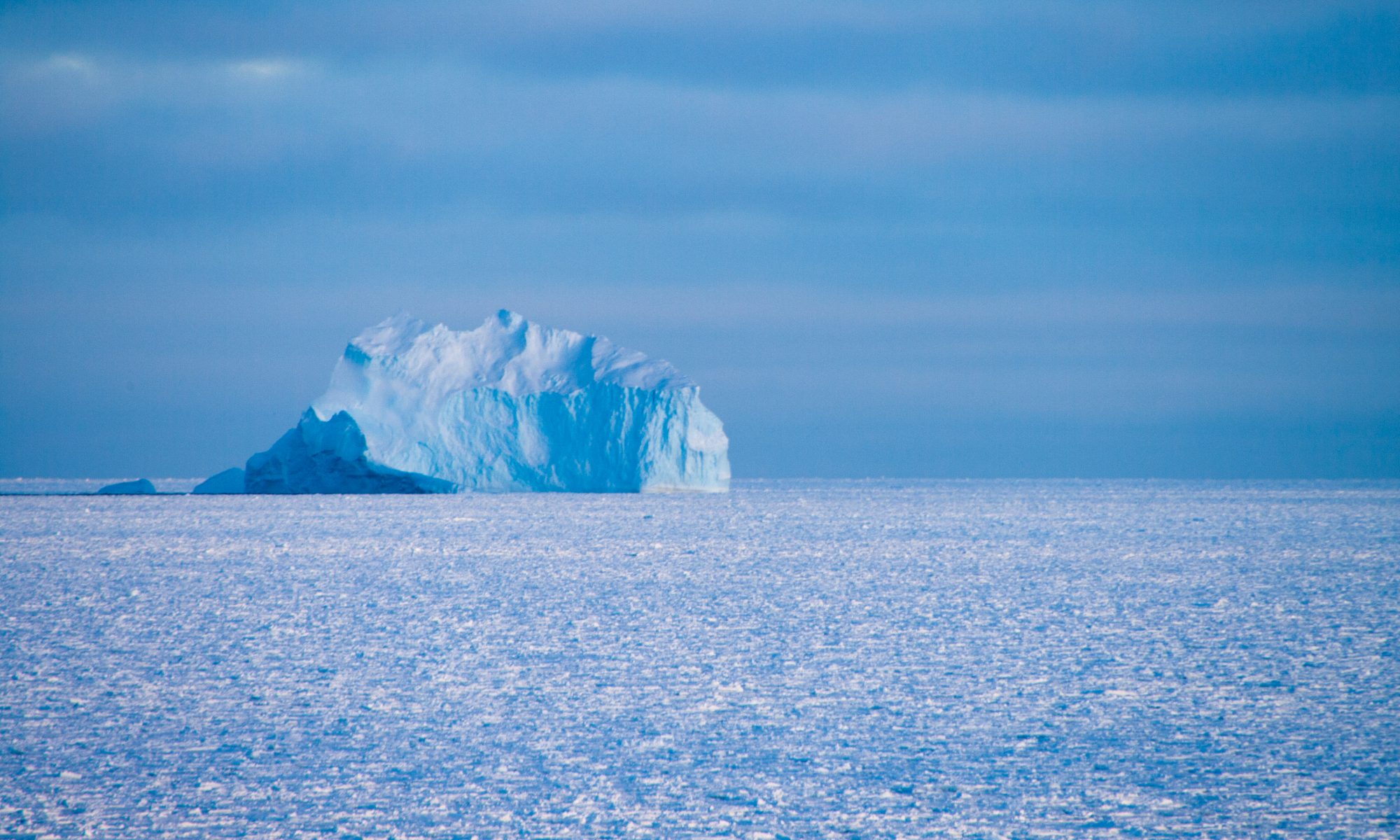COPE – Conservation management of polar ecosystems : using genomic approaches to study connectivity across spatial and functional scales
Context:
Polar ecosystems harbour a unique cold-adapted biodiversity that is threatened by rapid environmental change and increasing anthropogenic impact. Environmental and biological information being scant, multi-scale data on connectivity and adaptation are essential for supporting exploitation and conservation management of living resources and ecosystems. In the Southern Ocean (SO), the second large Marine Protected Area (MPA) has recently been set up. MPAs are most effective if implemented as a network that considers functional diversity within and between species, relying on scale-dependent connections between MPAs. Three key features of connectivity are important in this context: 1) geographic or landscape connectivity, 2) environmental or habitat connectivity, and 3) genetic connectivity. While knowledge on geographic bio-regionalisation is fairly well-advanced, in-depth estimates of environmental and genetic connectivity need further development. Here, ecological niche models and population genomic approaches complement each other to advance the understanding of spatial connectivity in key benthic and pelagic Antarctic organisms (crustaceans and fishes). Connectivity is investigated at ecological (contemporary) and evolutionary (heritable/adaptive) scales. The results will contribute to the Marine Ecosystem Assessment of the SO and will be directly applied at the political level to develop suitable management and conservation strategies through CCAMLR.
Objectives:
The goal of the COPE project is to understand the functional connectivity of benthic and pelagic ecosystems in the Southern Ocean. We use an integrated multiscale approach of space and adaptation to develop niche models in support of Belgian policy on Marine Protected Areas in the Polar Regions.
Work-packages:
WP1 Project Management: Courses, Reports, Workshops and Meetings.
WP2 Sample Acquisition: Existing Collections, Antarctic Expeditons and International Cooperation.
WP3 Genomics: Genome Size Estimation, High-Throughput Sequencing and Bioinformatics & Statistics.
WP4 Modelling: Occurence & Environmental Data and Species & Population Level.
WP5 Valorisation: CCAMLR, Conferences, Outreach and Education.
Members
- Isabelle Schon, RBINS
- Anton Van de Putte, RBINS
- Dorien Aerts, RBINS
- Filip Volckaert, KU Leuven, LBEG lab
- Henrik Christiansen, KU Leuven, LBEG lab
- Bart Hellemans, KU Leuven, LBEG lab
Funding
Belspo, BRAIN program, project number B2/191/P1/COPE. More info about the funding of COPE and other BRAIN projects: www.belspo.be/belspo/brain2-be/project_p1_en.stm#COPE
Partners and sponsors
